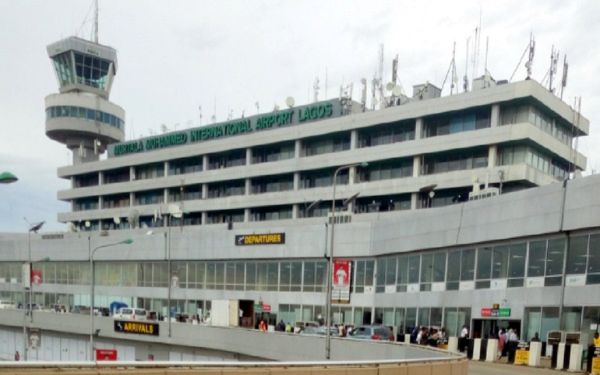MAN to FG: Prioritise Local Manufacturers in Lagos Airport Fencing Project

The Manufacturers Association of Nigeria (MAN) has called on the Federal Government to ensure indigenous manufacturers are placed at the heart of the recently approved ₦712.26 billion rehabilitation of the Murtala Muhammed International Airport (MMIA), Lagos. At the core of the appeal is the fencing component of the project—a critical element of airport safety and infrastructure where, in past projects, Nigeria has missed opportunities to leverage its own industrial base.
The Appeal from Industry Stakeholders
In a statement issued in Lagos, MAN’s Director-General, Segun Ajayi-Kadir, urged the Federal Government and its contractors to adhere strictly to local content policies and Executive Orders 003 and 005, which mandate government ministries, departments, and agencies (MDAs) to prioritise Nigerian goods and services in public procurement.
Ajayi-Kadir recalled that in a previous airport project, fencing materials were imported from South Africa despite MAN’s advocacy for local participation. That decision, he argued, contradicted Nigeria’s industrialisation agenda and demoralised domestic producers.
“The Lagos fencing project provides an opportunity to correct past errors and showcase real commitment to the Nigeria First policy,” Ajayi-Kadir stressed.
Why Local Content Matters
The insistence on domestic sourcing goes beyond patriotism. It ties into broader economic imperatives:
- Job Creation: Local contracts directly translate into factory jobs, technician work, and logistics employment.
- Foreign Exchange Savings: Avoiding imports conserves Nigeria’s scarce forex reserves.
- Tax Revenues: Expanding local production enlarges the fiscal base.
- Industrial Capacity: Frequent use of local producers strengthens technical competence and scale.
Nigeria’s industrial sector has often decried how large projects end up bypassing local capacity, undermining the government’s stated ambitions of economic diversification.
A ₦712bn Test for “Nigeria First”
The Federal Executive Council’s approval of the ₦712.26 billion MMIA rehabilitation signals one of the largest aviation infrastructure projects in recent memory. With Lagos as Nigeria’s busiest aviation hub, the fencing and security perimeter upgrades are strategic not only for safety but also for the airport’s global competitiveness.
If indigenous firms are excluded in favour of foreign suppliers, it would cast doubt on the Tinubu administration’s Renewed Hope Agenda and its alignment with the Nigeria First policy. On the flip side, prioritising Nigerian companies could demonstrate political will to back rhetoric with action.
Aviation Infrastructure and Industrial Policy: Two Sides of the Same Coin
The call from MAN highlights a deeper conversation: aviation upgrades should not only be about steel, concrete, and safety, but also about economic sovereignty and industrialisation. Every import displaces a Nigerian-made alternative. Every exclusion weakens the national manufacturing base.
Ajayi-Kadir’s intervention suggests the Lagos fencing project can serve as a litmus test for policy consistency—whether Nigeria’s leadership will seize this as a chance to build both world-class airports and a resilient local industry.
BRANDECONOMY Takeaway
The Lagos airport fencing project is more than a procurement contract. It is a defining moment for Nigeria’s industrial policy. If government contractors choose imports over local manufacturers, Nigeria risks repeating past mistakes and undermining its own economic future. But if local producers are prioritised, the project could stand as a model for how aviation infrastructure can catalyse job creation, forex savings, and industrial growth.
For Nigeria, the choice is clear: build the fences, but also build the factories behind them.












